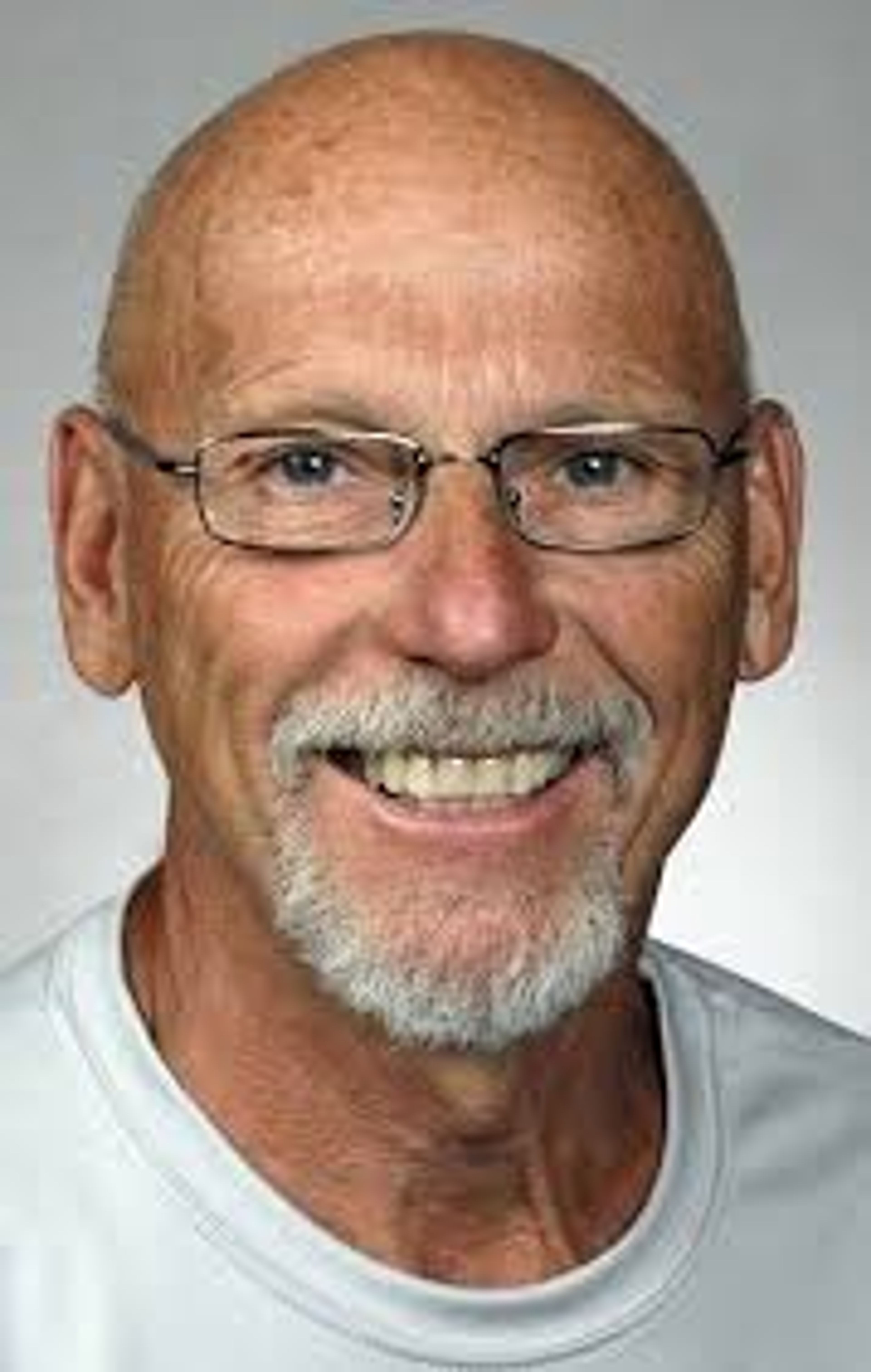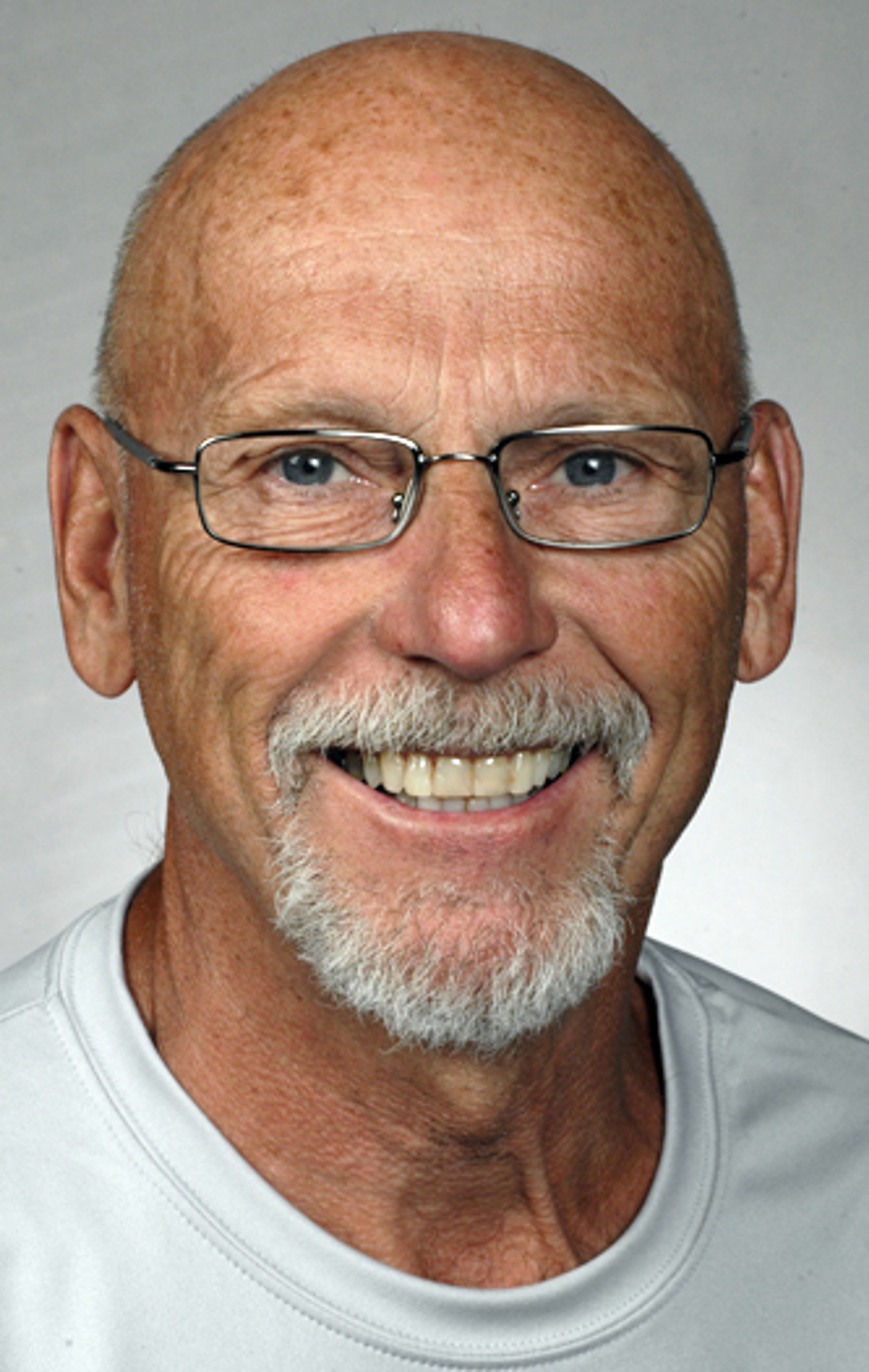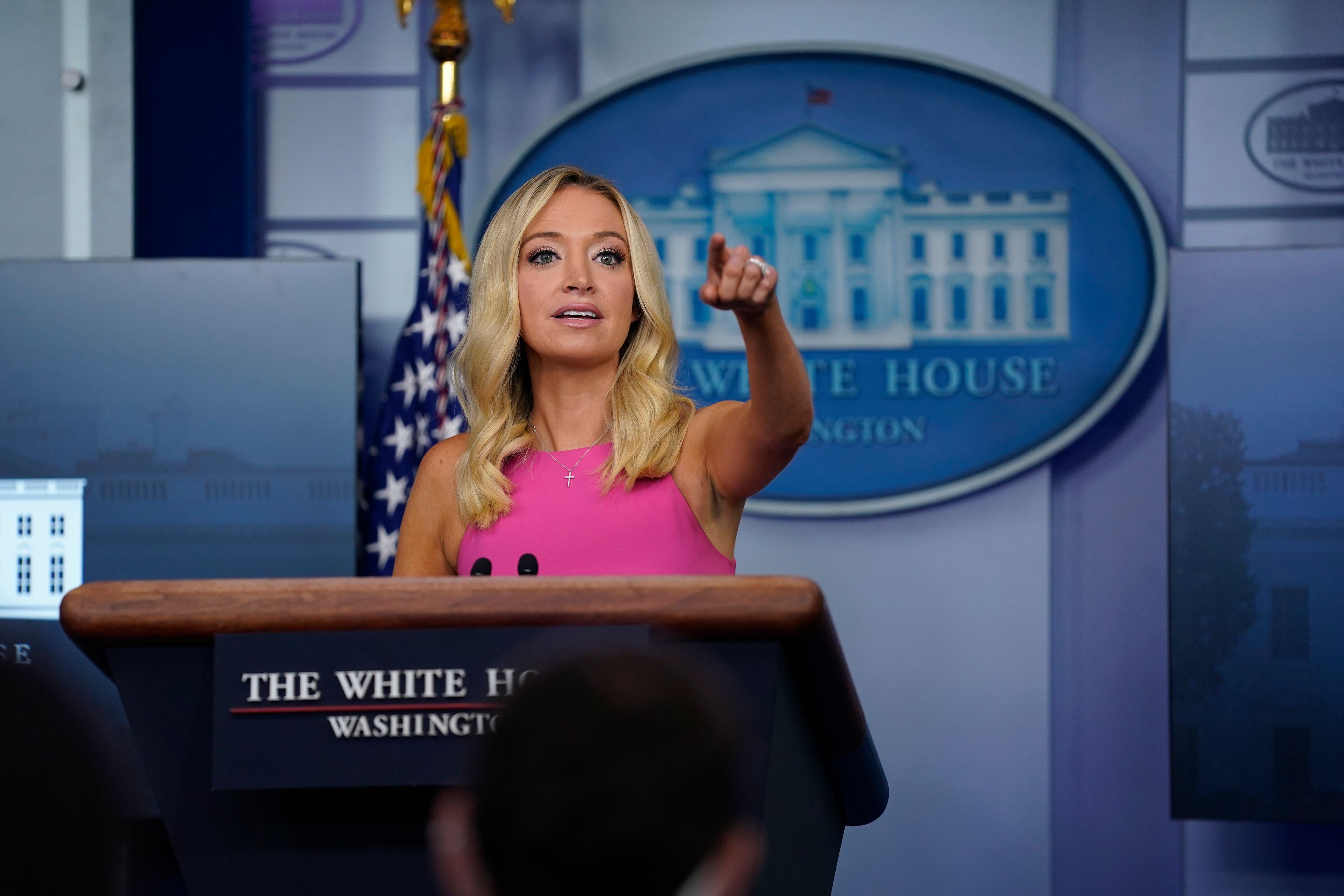Moscow patriarch stokes Orthodox tensions with his war remarks
Russian Orthodox Patriarch Kirill, leader of Russia’s dominant religious group, has sent his strongest signal yet justifying his country’s invasion of Ukraine — describing the conflict as part of a struggle against sin and pressure from liberal foreigners to hold “gay parades” as the price of admission to their ranks.
Kirill, a longtime ally of Russian President Vladimir Putin, had already refrained from criticizing the Russian invasion — alienating many in the Ukrainian Orthodox churches who had previously stayed loyal to the Moscow patriarch during a schism in their country. Several of these former loyalists are now snubbing Kirill in their public prayers, with some demanding independence from the Moscow church even as their country’s political independence is imperiled.
Kirill, in a sermon delivered Sunday before the start of Orthodox Lent, echoed Putin’s unfounded claims that Ukraine was engaged in the “extermination” of Russian loyalists in Donbas, the breakaway eastern region of Ukraine held since 2014 by two Russian-backed separatist groups. Kirill focused virtually all of his talk about the war on Donbas — with no mention of Russia’s widespread invasion and its bombardment of civilian targets.
Kirill on Sunday depicted the war in spiritual terms.
“We have entered into a struggle that has not a physical, but a metaphysical significance,” he said.
He contended that some of the Donbas separatists were suffering for their “fundamental rejection of the so-called values that are offered today by those who claim world power.”
He claimed that this unnamed world power is posing a “test for the loyalty” of countries by demanding they hold gay pride parades to join a global club of nations with its own ideas of freedom and “excess consumption.”
But many Orthodox Christians in Ukraine have been appalled by Kirill’s stance on the Ukraine war. The Moscow patriarch has for centuries claimed the ultimate loyalty of the Ukrainian Orthodox Church, even though the latter retained ample autonomy. And many priests, monks and faithful had remained loyal to Kirill even with the formation of a more nationalist, Kyiv-based Orthodox Church of Ukraine, in 2018 and 2019.
The war is shattering that loyalty for some, however.
Numerous bishops in the Ukrainian Orthodox Church have authorized their priests not to commemorate Patriarch Kirill in their prayers during public worship services — a symbolically important statement in Orthodox tradition, which puts a premium on the faithful being in communion with their divinely ordained hierarchy.
Since the war began, as many as 15 dioceses of the Orthodox Church of Ukraine had authorized the omission of the patriarch’s name, according to the Union of Orthodox Journalists, a news site with generally positive news about the Moscow-leaning church.
The Rev. Mykola Danilevich, who has served as a spokesman for the Ukrainian Orthodox Church, confirmed on his Telegram account that “many of our priests have stopped commemorating the Moscow Patriarch for worship services.”
“And the reason is obvious,” Danilech wrote March 1, before Kirill’s most recent Sunday sermon. “The treacherous open invasion of Ukraine is a huge mistake of Russia. ... People did not hear from the patriarch a clear assessment of this war and his call to stop this madness.”
Clergy in at least two dioceses — Lviv and Volodymyr-Volynskaare — are calling for independence from the Moscow church, according to their Facebook pages.
Many Ukrainian Orthodox are shocked that Kirill “condemned evil in the broadest terms but said nothing about the war let alone its initiation by Russia,” said Catherine Wanner, a Pennsylvania State University professor of history, anthropology and religious studies.
“In the violence and the deaths and the terror that is engulfing Ukraine right now, I don’t think anyone is worried about specific jurisdictions,” said Wanner, whose studies focus on the region. “But this will be a sea change.”
The Rev. Cyril Hovorun, professor of ecclesiology, international relations and ecumenism at University College Stockholm, said Kirill’s latest comments show him to be in a “golden cage.”
He said Kirill helped “supply the ideology” that Putin has used to justify Russian hegemony over the region, and in return the church has received strong government support.
“Even if he (Kirill) understands what is going on in Ukraine with the war, even if he wants to speak up and name things by their proper name, he can’t,” said Hovorun, author of several books about Orthodoxy in Ukraine and beyond. “He is a completely unfree figure that needs to follow faithfully the official narrative.”
Archbishop Daniel of the Ukrainian Orthodox Church of the USA said Patriarch Kirill’s latest comments were “incomprehensible.”
“Regardless of our beliefs and regardless of our stance on social and moral issues, you cannot use that as a propaganda tool to justify the Russian invasion and the slaughter of innocent people,” he said.
Many Orthodox and other religious conservatives, including in Ukraine, share Kirill’s stance on sexual ethics, said the Rev. John Burgess, a professor at Pittsburgh Theological Seminary and author of “Holy Rus’: The Rebirth of Orthodoxy in the New Russia.”
“But Ukrainians and Ukrainian Orthodox are under attack, are suffering, are afraid for the future for the nation,” Burgess said. “None of that is reflected in the sermon. If rockets are falling Kharkiv and Kyiv, and the patriarch starts talking about gay parades, it seems like something is odd here.”
Burgess said the practice of refusing to commemorate a patriarch in prayer has precedents. Some Russian Orthodox priests suffered persecution under communist rule for refusing commemorate a patriarch they deemed too compromising with the Bolshevik government.
The clerics currently distancing themselves from Kirill could be “risking their very future,” Burgess said.
“If President Putin and the Russians truly prevail in Ukraine, what will happen to these bishops?” he said. “They’ll be removed, or they’ll have to go into the underground.”
___
Associated Press religion coverage receives support through the AP’s collaboration with The Conversation US, with funding from Lilly Endowment Inc. The AP is solely responsible for this content.








